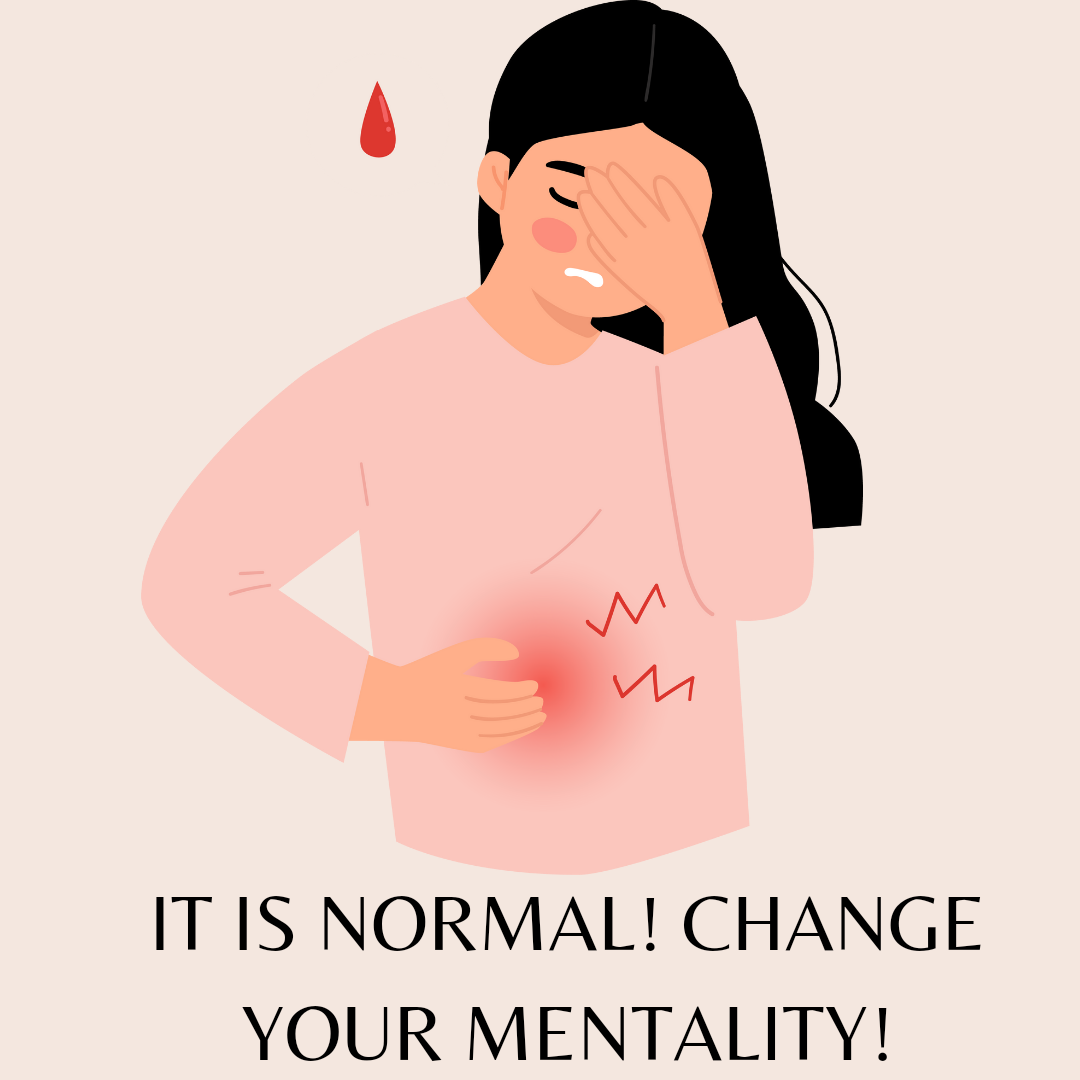Medical science is advancing at the speed of a roller coaster today with the latest innovations occurring in technology and experiments. Whenever we encounter any threatening disease or a fatal virus, our healthcare system never fails to develop an antidote to protect us against any hazards like we noticed in the case of COVID-19. Nevertheless, it remains a mystery to date that despite progress, none of us can invent an antidote to our eccentric attitudes and awkward mindsets that develop when conversing about menstruation. Labeling it as a taboo topic of discussion, most of us brush it aside in social gatherings or public events. In fact, due to the stereotypes we created regarding menstruation, we have constructed a hostile environment for all the girls who feel like criminals when undergoing this process and shudder at the mere thought of confiding it to their fathers, brothers, or close friends. Although, with time, most people in the West have fought against these illusions and become more open, this continues to be a forbidden topic in the Middle East and Asian countries. Let us explore how this ignorant behavior of ours towards menstruation triggers chronic problems in society.
IN THE HOME ENVIRONMENT
At puberty, girls start experiencing discomfort in the body, with their stomachs aching. They experience bleeding and blood loss which at first strikes most of them as unusual due to the lack of sex education being prevalent in the Middle East. As a result, the girls approach their families openly and are confident in them about their state. However, at this stage, it may not be uncommon to witness families getting deeply frustrated with them for stirring this topic and looking at them with humiliation and embarrassment like they committed a crime. Mothers chide their daughters and forbid them from talking about periods (an informal name for menstruation) when sitting among their fathers, brothers, or any male family member. Sometimes it gets tragic when a girl experiences extreme pain, longs for someone’s support and is expected to keep her mouth shut due to the presence of males in the house. She either makes silent gestures to her mother or any female member to drag them into a corner and then confides, or she has to patiently wait if no female family members are in the house. Unfortunately, everyone in the home environment views this condition through a stereotypical lens, with poor girls enduring so much uneasiness.
AT SCHOOL OR THE WORKPLACE
If the environment at home can get hostile to the girls, one cannot even imagine how they would feel at school or the workplace when going through their menstrual cycle. Typically in the Middle East, when a girl is on her period and is unable to study or work, in most cases, she never tells the truth to her teachers or supervisors and instead mentions that she is not feeling well. Since periods are a monthly process, when the girls keep repeating about being unwell to higher authorities without being specific, one thinks they are making the same excuses to skip work and get a leave. As a result, they are often interrogated and accused of being lazy and neglectful towards their responsibilities. However, in this case, it becomes essential for a girl to be direct about her condition and to prove all accusations against her as wrong. It would be egregious to affirm that everyone in the Middle East views menstruation with an ill attitude. Most people understand and respect girls for confiding about their state. Still, years of cultural practices and programming have made girls fidgety to talk about periods openly in the first place until and unless it becomes a necessity.
TINGLING AWKWARDNESS AT PURCHASING SANITARY PADS
It is heartbreaking to know that some girls feel awkward and uneasy when they go out to buy sanitary pads that help control menstrual bleeding. Either they start shivering when they have to ask someone about sanitary pads, or they feel strange while standing in the billing line and fearing what others would think of them if they see her purchasing sanitary pads. Moreover, they feel embarrassed if they encounter a male relative or friend while purchasing sanitary pads and may wish to dissipate in the ground. Again it is necessary to emphasize that all these situations are purely imaginative scenarios created by girls due to their inner complexes. Although the discussion of menstruation is not encouraged in the Middle East, people would not judge you or make secret comments about you if you go out to purchase a sanitary pad. Furthermore, no one would be interested or even care to know what you are buying or holding onto while standing in the billing line. However, most girls become too negative and start creating these illusions in their heads.
CONCLUSION
It is sad to know how our initial ignorant behavior towards menstruation and constant criticism of its open discussion has caused high imaginary stress in girls. They exaggerate their thoughts by watching everyone laughing or mocking them for having periods. They live in constant fear while experiencing this process of people finding out about their condition and weirdly thinking about them. Although all these thoughts are mere hallucinations created by girls, we must understand the cause that led to this, change our mindsets and become more open about these topics so that no girl ever feels awkward when going through periods. Our minimal efforts can result in women’s empowerment.




